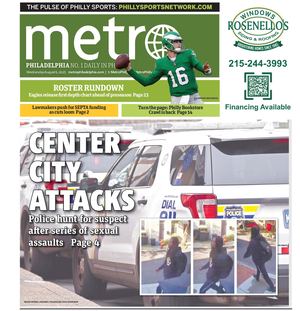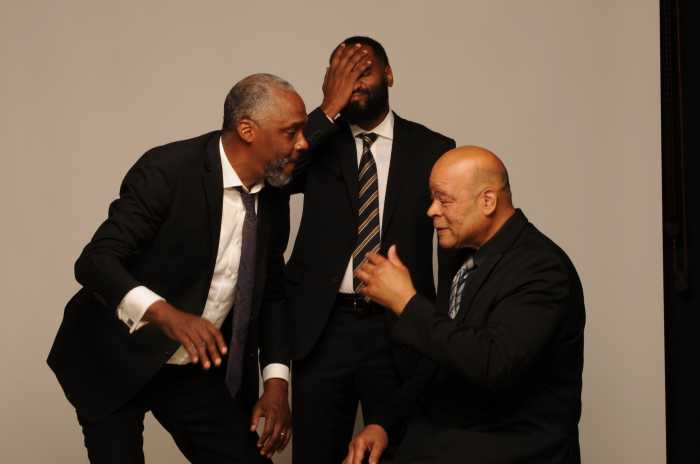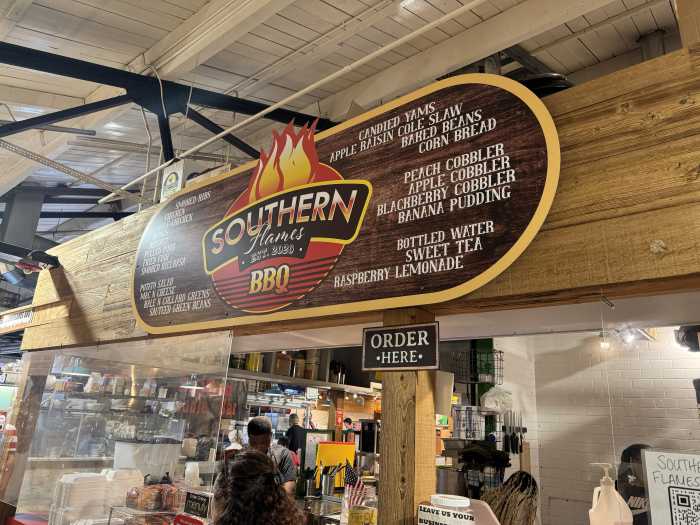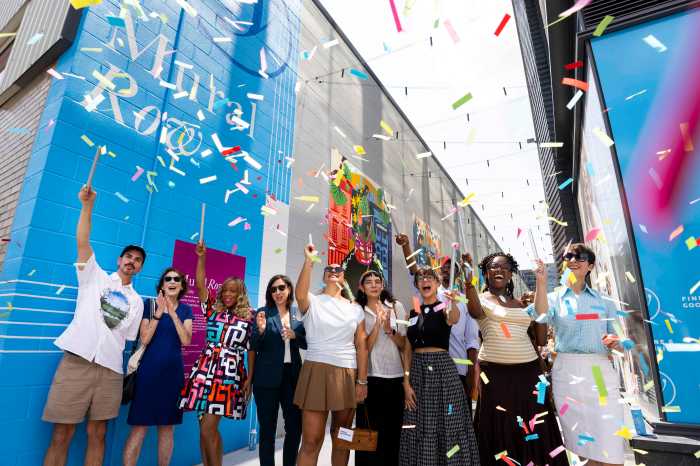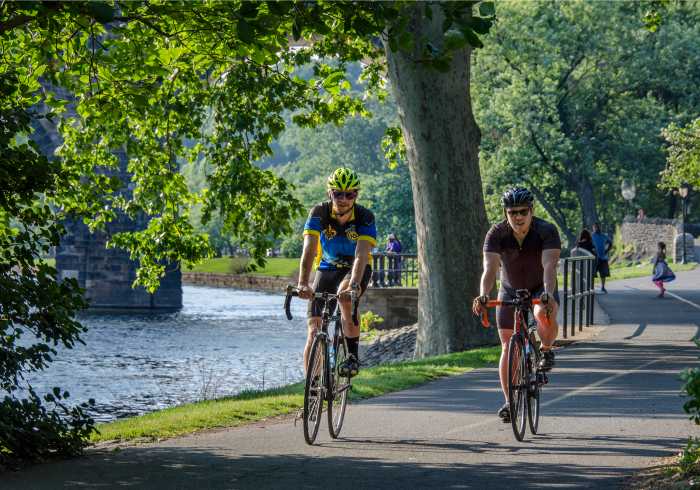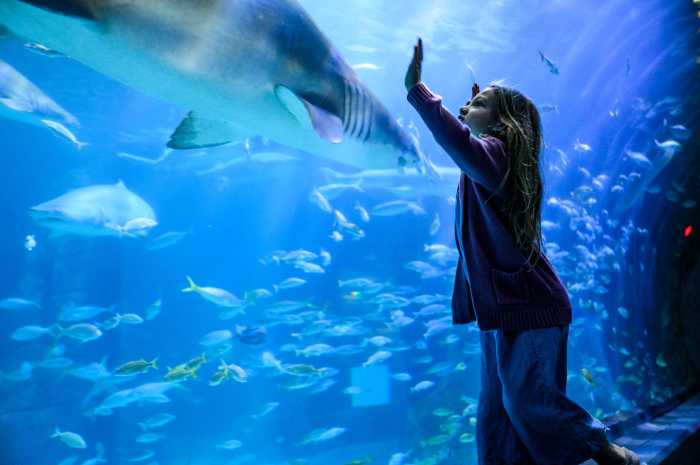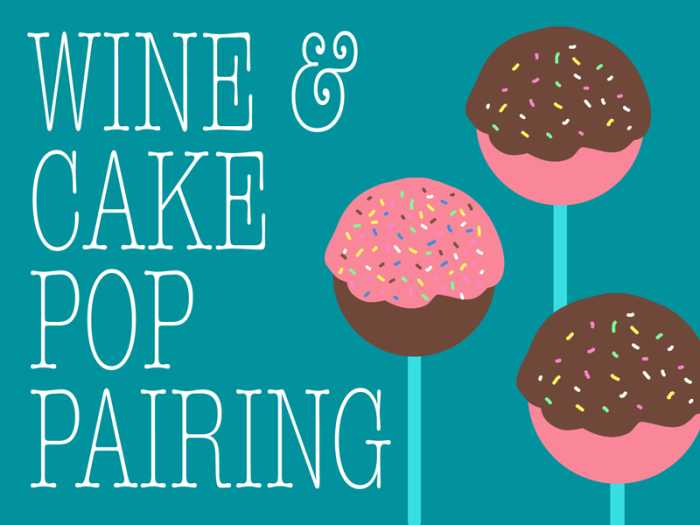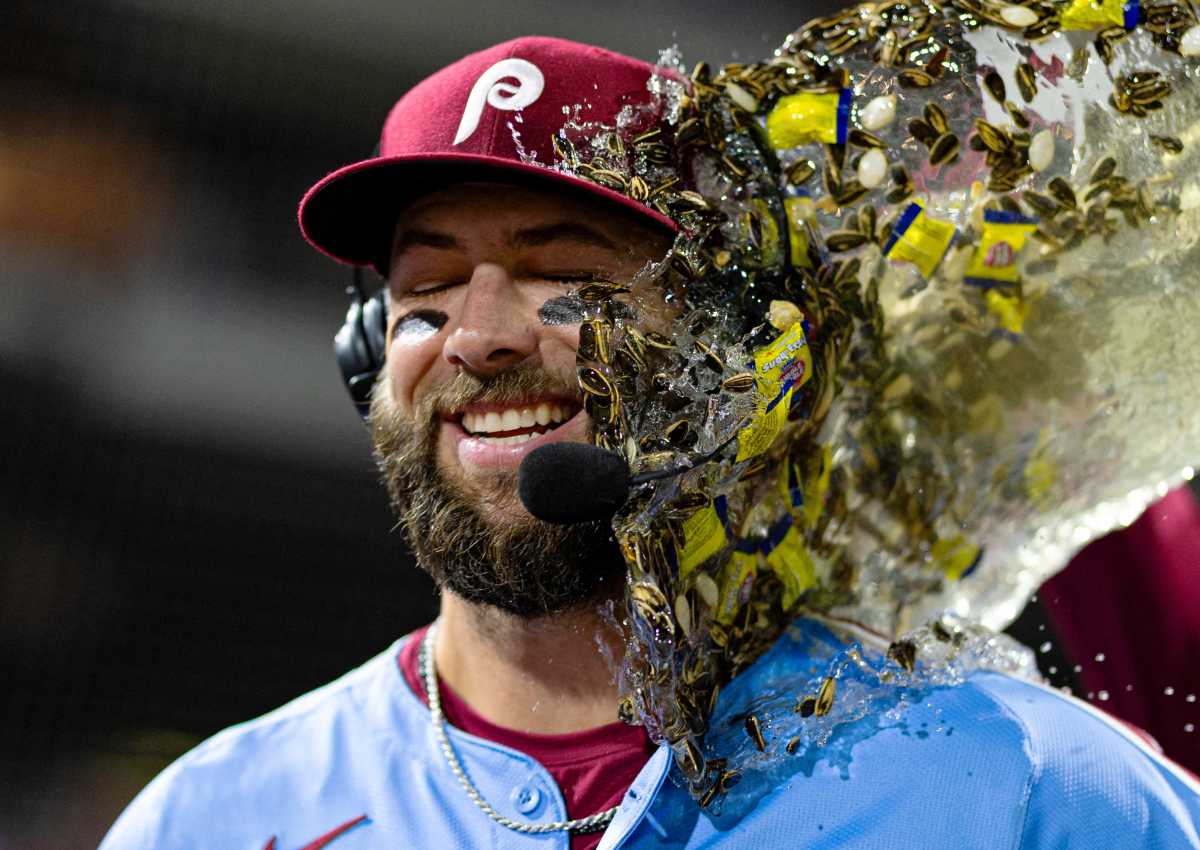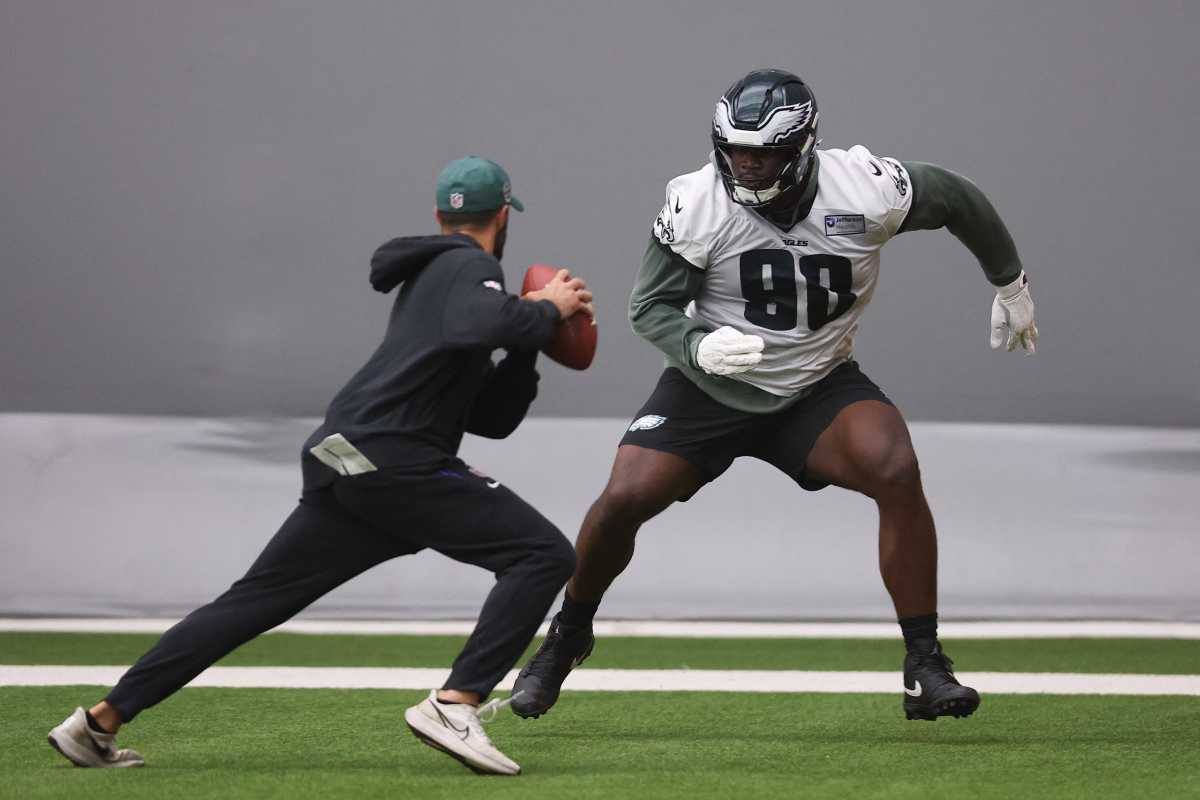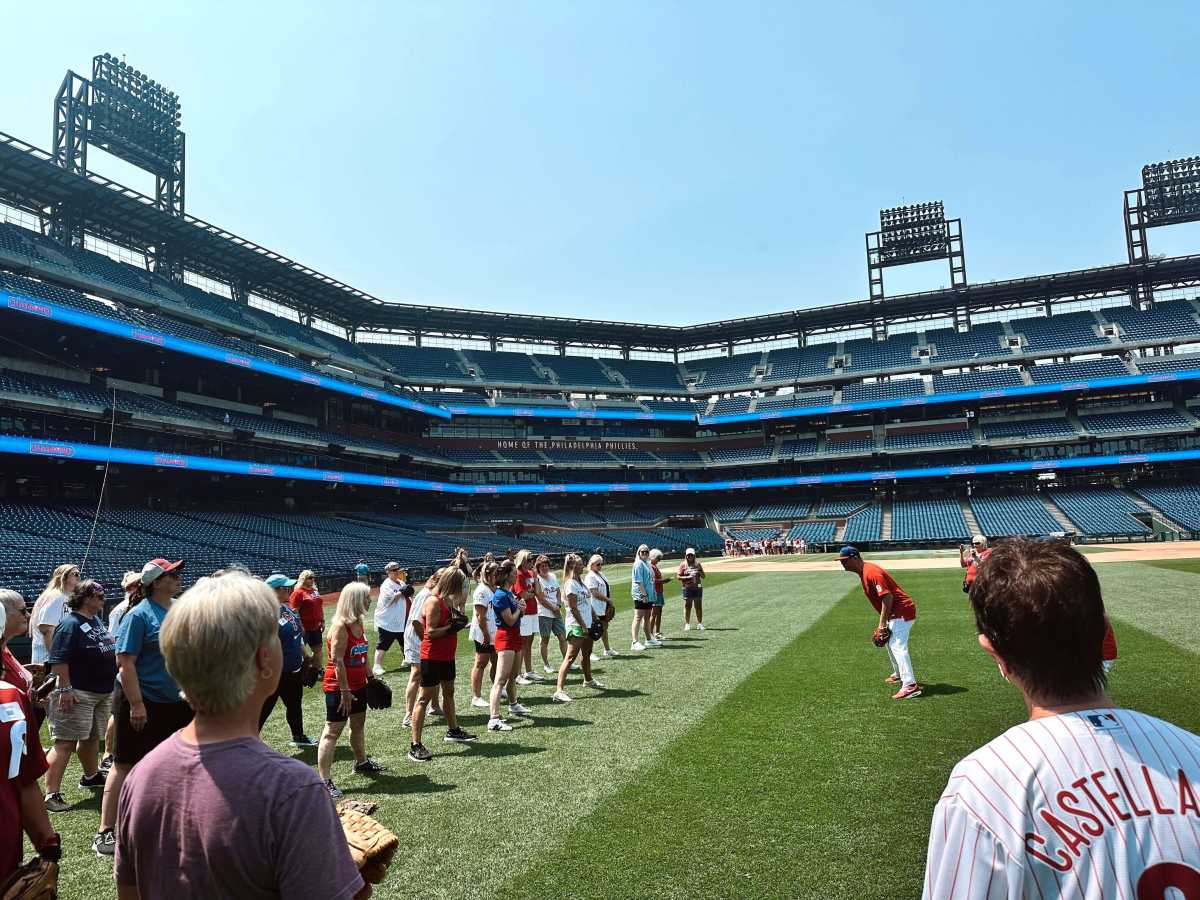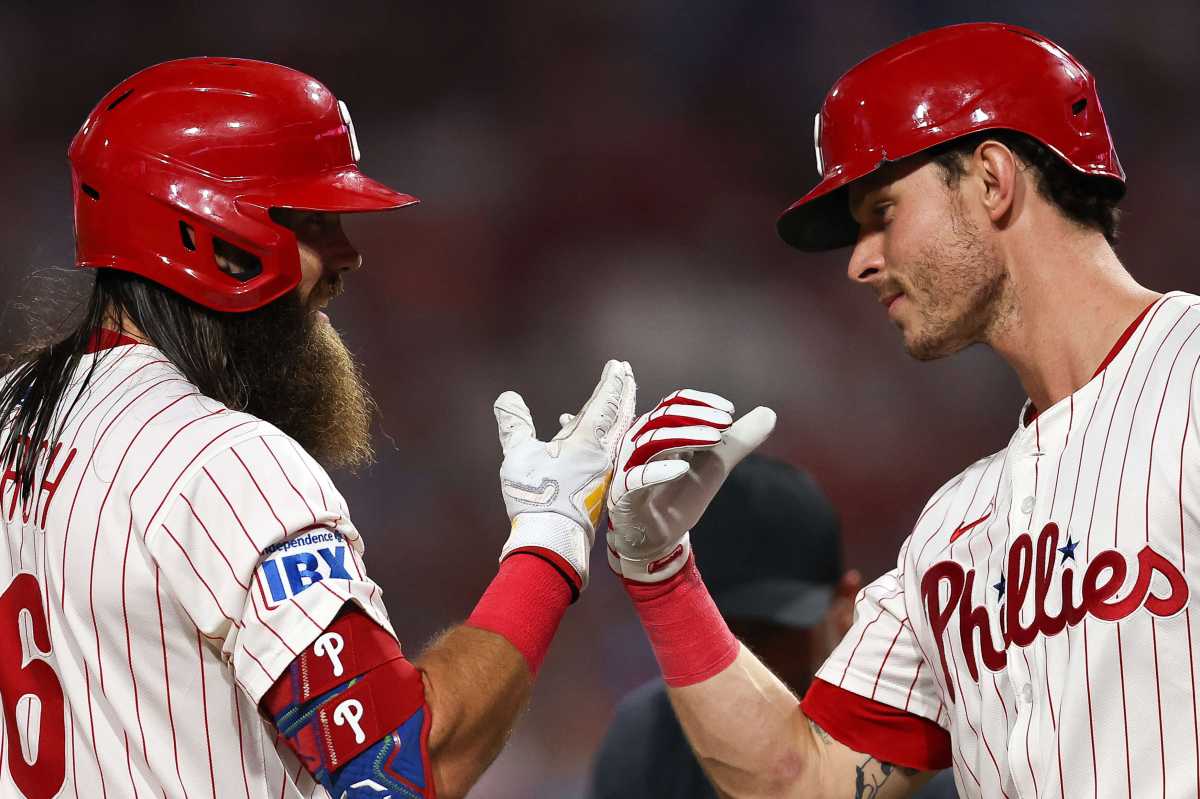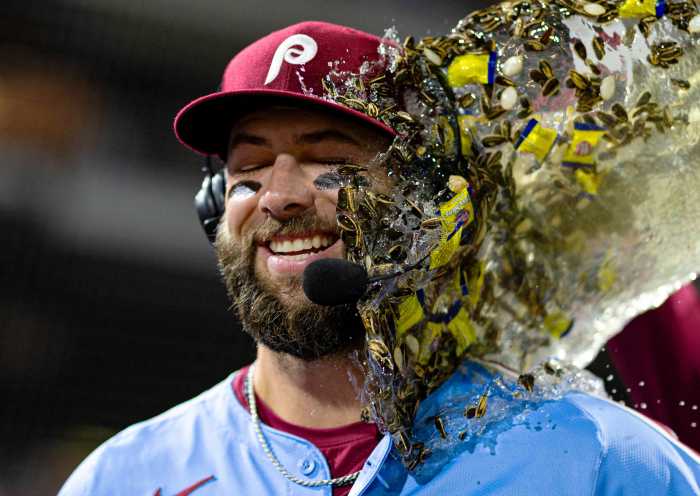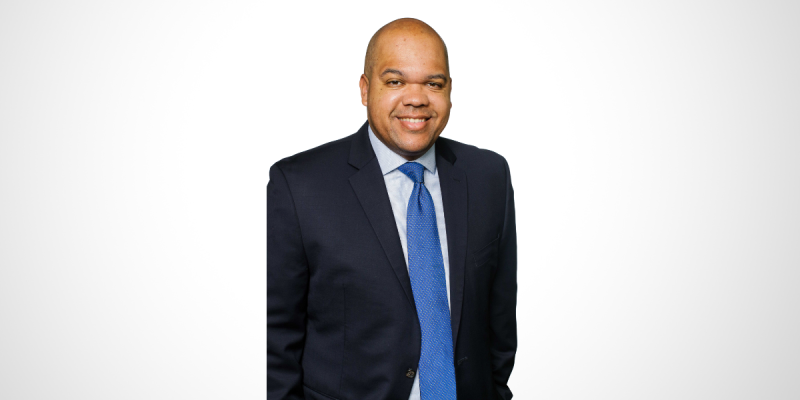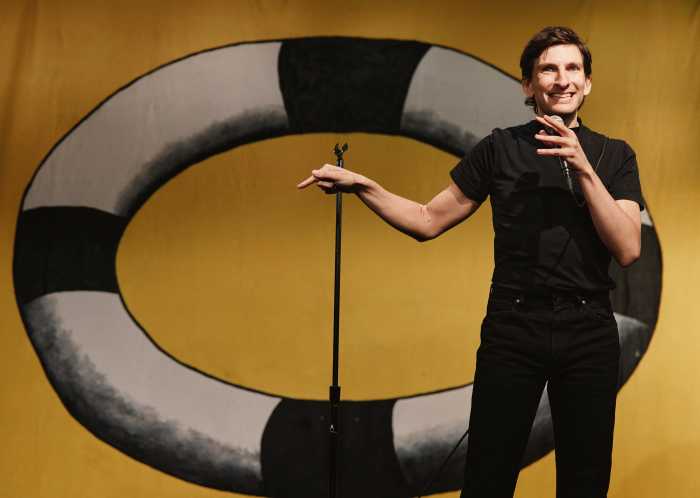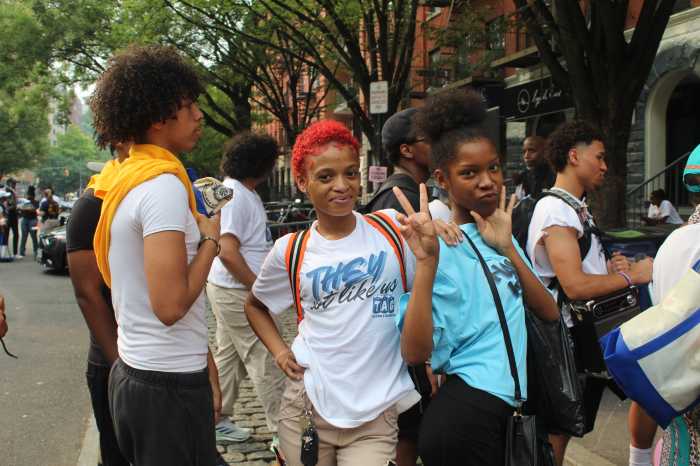For 64 years, all of Europe has tuned in to watch an over-the-top songwriting event that was created to test the limits of live television broadcast technology and bring countries together after the devastation of WWII. The contest itself is massive, and many host parties, throw events or do anything they can to watch or attend every year. The production features colorful performances that you wouldn’t believe and a spectacle of showmanship that you can’t really find anywhere else. And yet, many Americans, have never even heard of it.
“Eurovision Song Contest: The Story of Fire Saga” will certainly change that. The new Netflix film stars Will Ferrell as Lars and Rachel McAdams as Sigrit, an Icelandic songwriting duo who by chance get the opportunity to represent their country and perform in the renowned competition. Although the movie is a comedy, it was important for director David Dobkin to still respect the incredible competition, so he traveled to Tel Aviv to watch the competition in person. To craft the perfect backdrop for this colorful extravaganza, Dobkin made it his mission to find original music, sets and performers that could really do Eurovision justice.
Dobkin sat down with Metro to discuss more about what went into making his latest feature film.
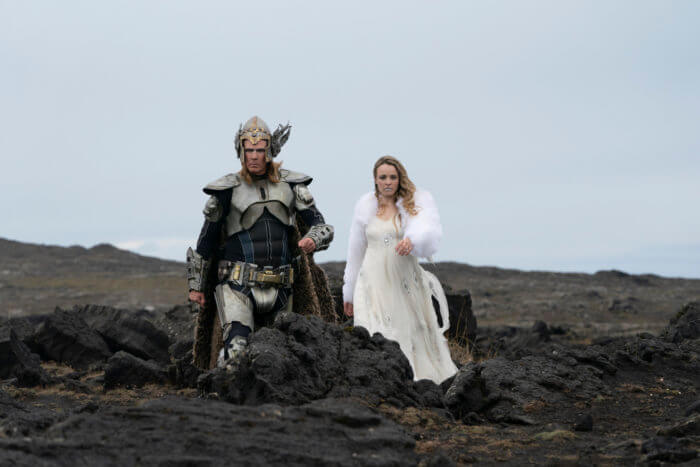
When you were first approached with this project, what was it that made you want to sign on and direct?
One of the things I loved was that I knew nothing about it and it was a brand new world to me. But mostly, I really fell in love with the characters and the story of it. I always kind of look for something that I feel I connect with personally with the protagonist and what they’re trying to work out. Especially with this business, the balance between aspirations and dreams and reality and relationships is a really challenging one and it’s always kind of there in everyone’s story in one way or another — it certainly was in mine. So, I like that they were going through that and that’s what they were working on.
I hadn’t heard of Eurovision which is crazy to me because it’s a huge and gigantic event in Europe that has been happening for so long.
It’s massive, and the thing that’s crazy, I hadn’t heard of it. When I first got the script, it was presented as a song contest movie and I was like, I don’t even want to read it and there’s no way this is going to be my next movie. Then, they said well Will is in it and he wanted you to take a look, and obviously, Will and I have known each other for a long time so I said okay. So I read it, and it was a delightful, crazy, weird, movie with like absurdist ideas and also a lot of heart and it was really funny. I really loved the idea of Will playing this guy Lars that he had created for himself. But when I finished the script and was surprised by how much I had enjoyed it, I called and said I am really leaning towards this, it is really good — but we have got to change the title, that’s a horrible title. But I was told that this was a real thing, so I went and Googled Eurovision and lo and behold had the realization that this has not only existed, but it is huge and beloved by so many people and had been around for 64 years. Once I spent three or four hours watching this thing, I was just like this is the weirdest thing I’ve ever seen. It’s huge in scale, it’s incredibly accomplished in skills and production value; we don’t have anything like it that’s a live television show or contest with 20,000 people in an arena attending. This whole thing is a hybrid of so many things, and it’s so big. It’s campy and silly and ridiculous and I just kind of fell in love with what it was and the spirit of it.
What went into crafting all of the original music for the film?
I was very lucky, I had a bunch of people who auditioned to write the music and this guy Savan Kotecha who works with Max Martin and the Swedish Svengali songwriting cult that exists under Max’s direction who have created more top 40 hits in the last ten years than anyone in history. Savan wrote “Double Trouble” and played it for me, that was his demo for the audition and it was so good that I not only grabbed it up and used it for the main song for “Fire Saga,” but I also hired him as the executive music producer to help me find and shape the music for the rest of the movie. I wanted the music to be really good, I think American audiences would have expected us to go really jokey and crazy with the musical acts, but I didn’t want to do that, I didn’t want to parody the actual event. The event is beloved by people and a bunch of Americans making fun of them is lame. So, it was important to me that I made music so that people who love Eurovision would go, ‘Oh my god, that totally is a Eurovision song.’ So Savan ended up being the perfect partner in this and helped me kind of guide my way through it so that we ended up having music that was fun and funny but wasn’t stupid or insulting.
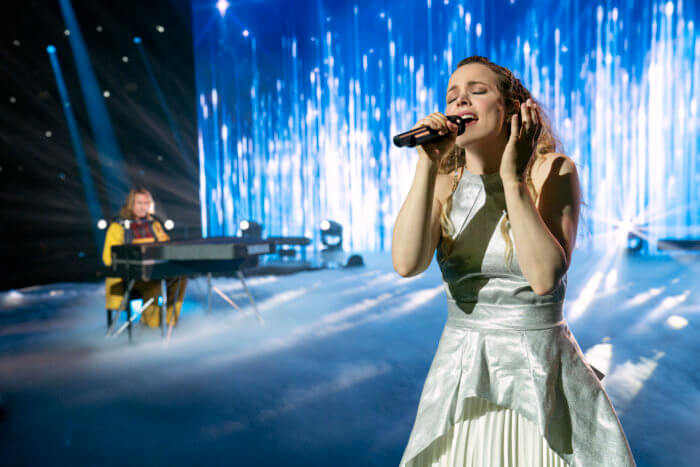
You had mentioned before, one of the things that really drew you into this project were the characters and obviously, you’ve worked with both Will Ferrell and Rachel McAdams before as well. What was your experience like working with them on this particular project?
It was wonderful, it was one of my favorite experiences making a movie. We were all very comfortable with each other, we’ve known each other for a long time and there was fun to all of the risks we wanted to take, there wasn’t any kind of apprehension or fear or concern. Any time you have the opportunity and the luck to work with people that you really love working with again in this business, I do think that the work gets better and better each time because you know each other. It’s like being on an athletic team or a dance troupe where everybody gets to know each other’s moves and you know how to operate together. They’re both incredibly talented people and it’s a pleasure and an honor to watch them and be able to participate in getting in the sandbox together.
I’m sure going to Tel Aviv to see Eurovision in person was really memorable, but were there any other scenes from filming that stood out to you as fun or memorable?
Everything in Iceland, even though it was the very end of the shoot and everybody was pretty tired, it was fun. But I would say the most fun I had on the movie though was getting up on that stage with Will and Rachel on the big, big stage and creating those crazy set pieces and those scenes. Especially for me, “Húsavík” is one of the songs near the end of the movie where we were shooting this very interesting performance with the lighting. The crowd that was there was huge for that day, and I remember we had asked them not to clap after the songs because we were still recording some audio and tracks that we needed, [but] what was amazing is after every single take they forgot. They were so taken by what was happening, they went crazy and cheered every time. I remember my assistant director looking over at me after the second time, and saying, “I keep telling them!” I’m like, you know what, just let them do it, it’s so beautiful that they’re are getting lost as if they are at a real concert, they were deeply engaged in that song and in that moment and it just was so much fun. Will cried after the first take, I walked up to him and thought he had something in his eye and asked if he was okay, but he said, “I was just so moved, why are they clapping?” And I was saying they’re clapping because they got lost in the moment man — it was just really great.
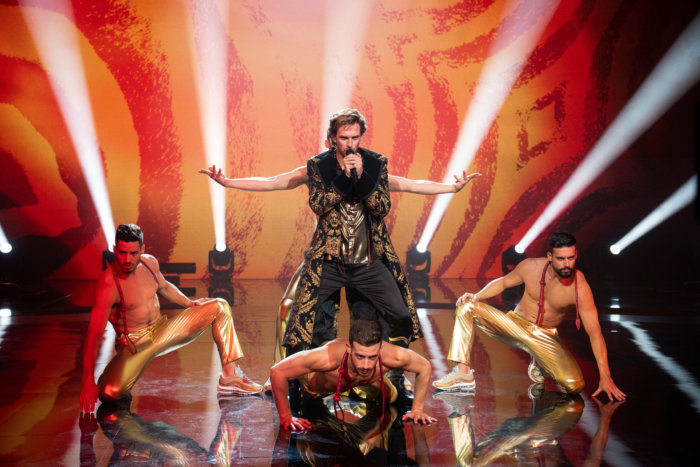
Overall what do you hope audiences take away from the film after watching?
More than anything I hope people really enjoy themselves and get caught up in the story and the characters and they find two hours to laugh and be entertained and moved. Hopefully, they then get curious about Eurovision and start sniffing around and see there are other cool things happening out there in the world. This is a beautiful event that was created to bring the countries back together after WWII because they were so messed up, and they created a song-writing event so they could all come together not even in the sense of competition, but more so in the sense of comradery. We could learn a lot from that. That’s the intelligence of what you’re supposed to do after you defeat your enemies, bring them back on their feet and everybody looks at each other again. We don’t get that at all. Audiences aren’t going to get that from the movie, but I got that just from falling in love with this thing and understanding that we love all these things we do: Entertainment, sporting events, music, art — it’s all part of coming together and sharing different ideas.
“Eurovision Song Contest: The Story of Fire Saga” is now available to stream on Netflix
